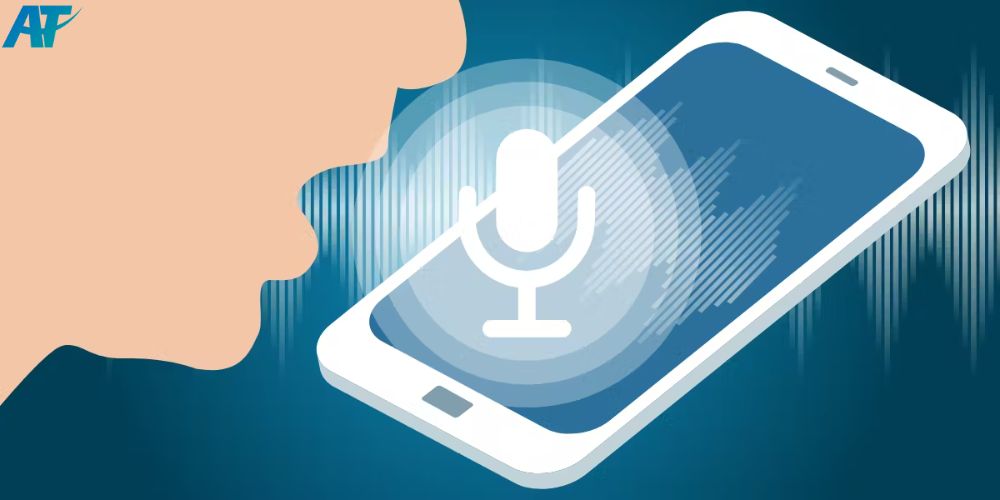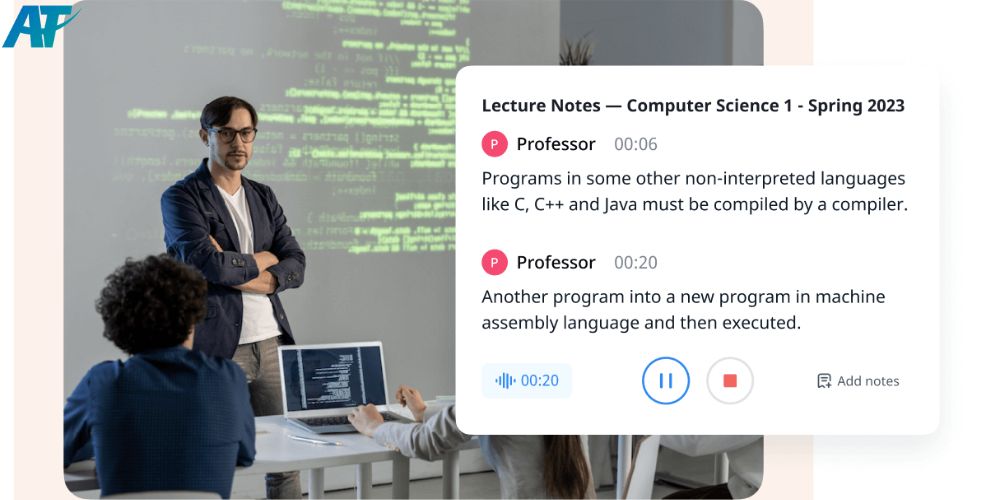In today’s digital age, academic researchers are constantly seeking ways to enhance their productivity and efficiency. One of the most significant advancements that can revolutionize the way academic work is done is the use of speech to text converter tools. These tools allow researchers to transcribe audio recordings into written text, making the process of gathering, analyzing, and presenting information much more efficient. For academic researchers, having a reliable audio to text converter for academic researchers is an invaluable tool that streamlines their workflow and helps them focus more on research, analysis, and writing. In this article, AT Technology and Consultancy Joint Stock Company (ATTECHSOFT) will delve into this concept of software..
The advantages of audio to text software
Audio to text software offers several benefits that enhance the efficiency of academic research. First and foremost, these tools drastically reduce the time required for manual transcription, allowing researchers to focus on core tasks such as data interpretation and writing. Additionally, advanced audio recognition converters boast high accuracy rates, even for recordings with multiple speakers or complex terminology. The convenience of having transcriptions in editable formats also facilitates easy sharing and collaboration among research teams. Moreover, many tools integrate seamlessly with other academic platforms, ensuring a smoother workflow. With these advantages, researchers can work smarter and deliver results more efficiently.

Practical uses of speech to text technology
Speech to text technology has diverse applications in academic research. It is invaluable for transcribing interviews, which are often a cornerstone of qualitative studies. Researchers can also use these tools to capture spoken ideas during brainstorming sessions or conferences, ensuring no critical points are missed. For language studies, audio identification converters can aid in analyzing speech patterns and linguistic nuances. Additionally, these tools are a boon for students and educators who need to document lectures or create subtitles for educational videos, making content more accessible to a broader audience. Beyond these uses, speech to text technology can assist in compiling large datasets of spoken content, which can be analyzed for trends and patterns in various fields of study

Selecting the best effective audio to text converter
Choosing the right speech to text converter depends on specific research needs and preferences. Key factors to consider include accuracy, ease of use, and compatibility with different file formats. Look for software that supports various languages and dialects, especially if your research involves diverse linguistic data. Integration capabilities with tools like Microsoft Word or Google Docs can further enhance productivity. Cost is another important consideration—while free versions may suffice for basic needs, premium options often provide advanced features such as speaker identification and enhanced security for sensitive data. Reading reviews and testing trial versions can help identify the most suitable solution. Additionally, some converters offer real-time transcription capabilities, which can be particularly useful during live events or seminars.

Read more related articles below: Voice Master AI
Conclusion
The audio to text converter for academic researchers is undoubtedly one of the most transformative tools available in today’s research landscape. By automating the transcription process, these tools save time, improve accuracy, and boost overall productivity for academic researchers. The key features such as high accuracy, support for various file formats, speaker identification, and cloud integration make these tools indispensable for researchers across disciplines.
Contact us to arrange a demonstration:
Email: sales@attechsoft.com
Website: https://attechsoft.com/
